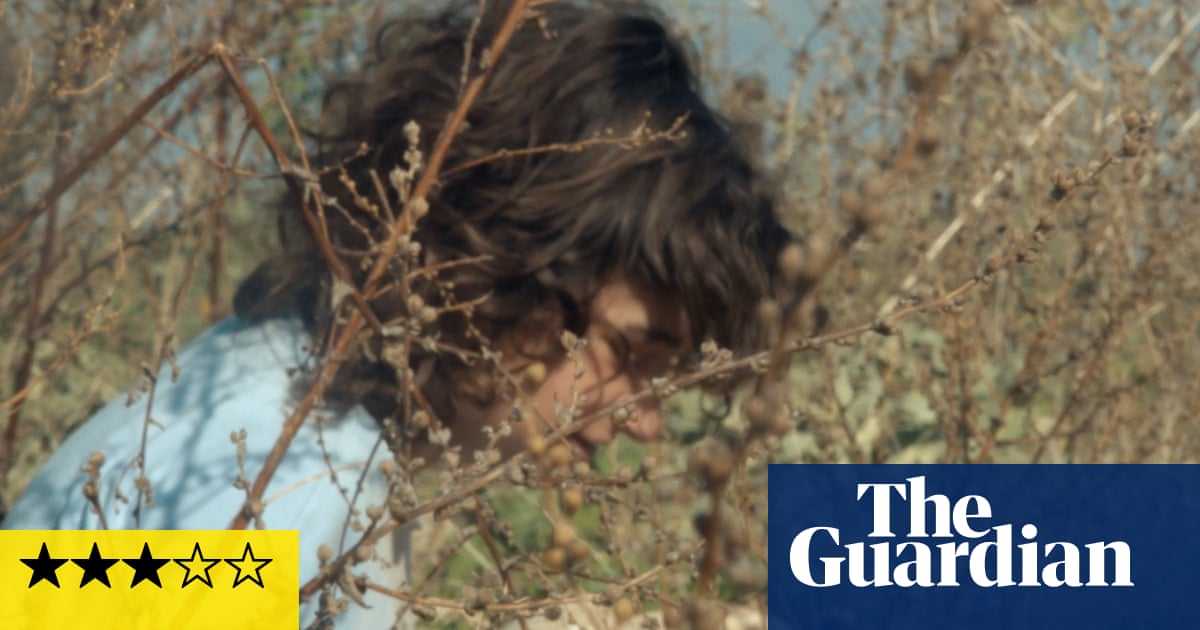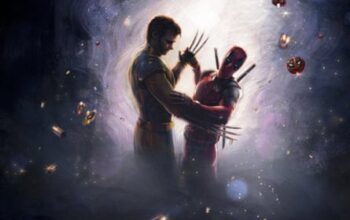
I
In 2012, Claire Doyon, a French film-maker, created a 50-minute documentary titled “Pénélope.” The film followed her journey to Mongolia with her autistic daughter, Pénélope, to meet a shaman. Being a parent of children with autism, I made it my goal to watch as many films about the condition as possible. Unfortunately, this particular film seems to have gone unnoticed and is not currently available in the UK or US.
The fact that Doyon’s emotions towards the movie, her daughter, and her efforts to manage Pénélope’s condition may have shifted over time is indicated by its mysterious nature. Additionally, she has recently produced another film, Penelope My Love, which includes scenes from her previous project, giving the impression of a reworking rather than a simple rewatching.
Instead of focusing solely on one trip abroad, this work encompasses Pénélope’s entire life from birth to the moment when Claire shares the news that they have found a new home for her. Rather than a traditional biography, it is an essay written from Claire’s perspective, exploring the complexities and rewards of parenting Pénélope, who has been diagnosed with Rett syndrome.
Claire bravely shares the various methods she and her partner, Nicolas Maureau, have tried to help their child, Pénélope, who has autism. These range from the controversial Applied Behavior Analysis (ABA) to a questionable treatment that claims to stimulate the growth of myelin, a substance that surrounds nerves. As any parent of an autistic child knows, it is difficult to determine if these interventions have been effective since every child is unique and there is no identical control group. Despite this, Pénélope grows up to be a charming young woman, although she still struggles with non-verbal communication, physical abilities, and other challenges associated with autism.
Claire’s perspective undergoes a transformation as she gradually accepts Pénélope for who she is, even though she knows that the desire for improvement is a never-ending parental urge. Personally, I found this highly relatable, despite the fact that Claire does not try to generalize her family’s experiences and consistently questions her own decisions – from how to raise Pénélope to whether to film her, what to include, and what to exclude.
The strong connection between Claire and Pénélope, which has a profound impact on Claire’s life, is called into question by the end of the film. The ending is abrupt and disorienting, but it leaves room for a potential future feature exploring how Claire, Pénélope, and their family will navigate the next chapter of Pénélope living apart from them.
Source: theguardian.com


